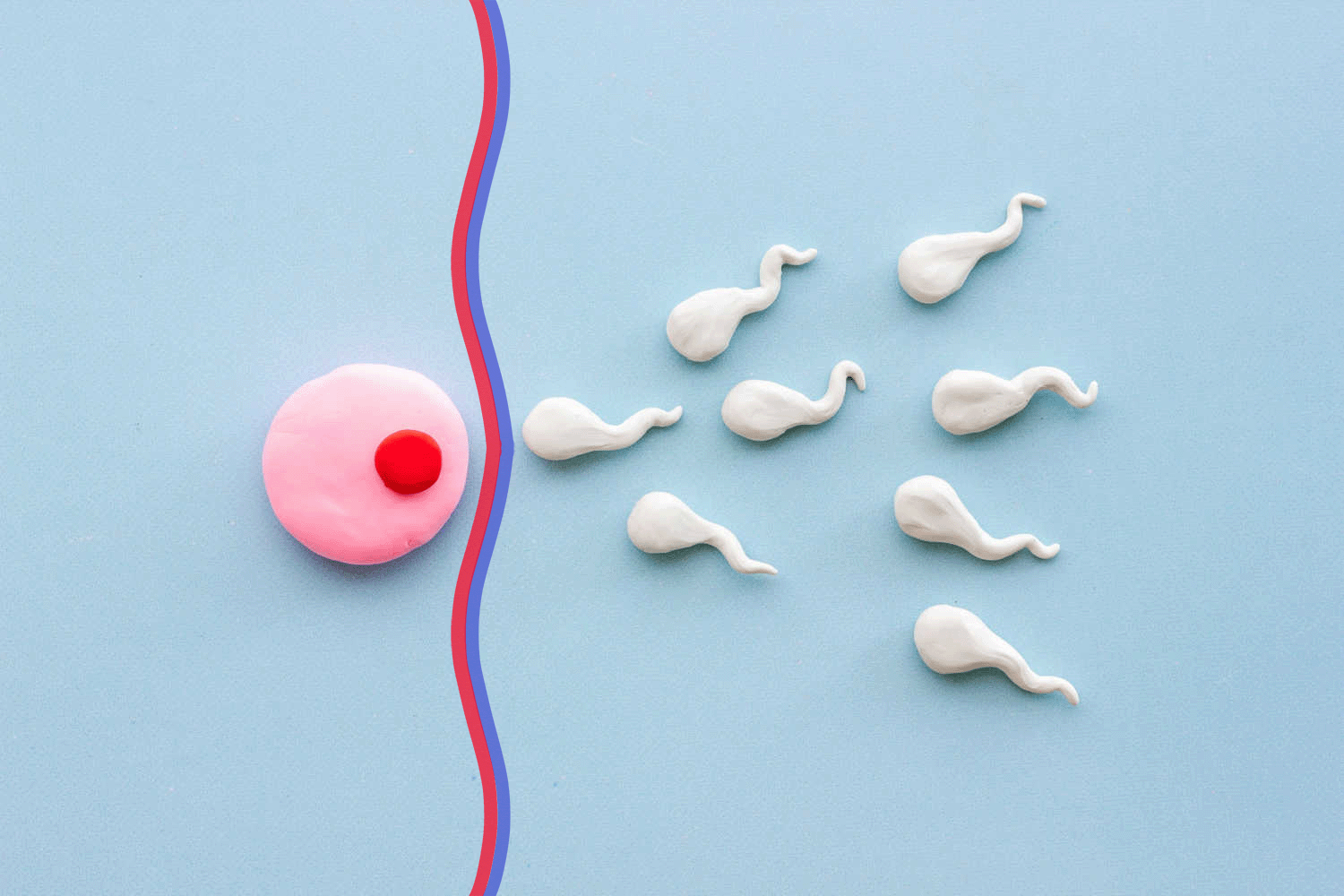
Infertility in female is the inability to conceive after one year of frequent unprotected intercourse. Infertility is not gender-specific; hence, testing of both the partners is essential.
Female Infertility
When the cause of infertility is due to the female partner, then, it is known as female infertility. In case, a woman has repeated miscarriages then too, it is known as infertility. The too long or too short, irregular or absent menstrual cycle can be a sign of lack of ovulation, which can be linked with female infertility. There are no other apparent signs or symptoms.
Risk Factors That Trigger Infertility In Female
There are many factors that cause infertility in women, apart from the factors due to irregular menstruation. Some of the risk factors which can be responsible for infertility are:-
- Age.
- Smoking, which damaging your cervix and fallopian tubes.
- Alcohol, which increases the chance of endometriosis (endometrial tissue found outside the uterus) and ovulation disorders.
- Weight – Overweight and underweight may hinder normal ovulation (a mature ovarian follicle discharges an egg).
- STD: Sexually transmitted infections can cause fallopian tube damage.
What Causes Female Infertility?
It may be difficult to determine the cause of female infertility. Infertility in females can result due to physical, hormonal or environmental factors. Some of them are as follows:-
- Age – Number and quality of the eggs reduce with advancing age.
- Difficulty to Ovulate – due to hormonal imbalance, tumor or cyst, thyroid problems, overweight, stress, use of alcohol, etc.
- Damage to fallopian tubes or uterus – Previous infections, fibroids, polyps in the uterus, previous tubal pregnancy, uterine abnormalities present from birth, etc.
- Inherited malformation: Abnormal cervical mucus or a cervical narrowing can be caused by an inherited malformation or damage to the cervix.
How To Diagnose Female Infertility?
The below-mentioned investigations can be helpful in evaluating the cause of infertility:–
- Physical examination.
- Blood test for hormones and thyroid function.
- Ultrasound to evaluate uterus and ovaries.
- Hysterosalpingogram (HSG) an x-ray used to determine the blockage of fallopian tubes.
- Sonohystogram or Hysteroscopy, to assess uterine abnormalities or problems.
- Laparoscopy to evaluate the condition of the uterus, ovaries, and fallopian tubes and to view for blockage, adhesions, or scar tissue.
- Ovarian reserve testing helps assess the quality and quantity of eggs available for ovulation.
- Genetic testing, to determine the possibility of a genetic defect causing infertility.
Treatment For Female Infertility
Infertility treatment can be either to restore fertility – by means of medication or surgery or assist in reproduction through techniques. Restoration of fertility, by stimulating ovulation with the help of fertility drugs-
- Fertility restoration through Surgery – Laparoscopic or hysteroscopic surgery; Tubal surgeries.
- Reproductive assistance – Intrauterine insemination (IUI); Assisted reproductive technology such as In vitro fertilization (IVF), Intracytoplasmic sperm injection (ICSI), Zygote intrafallopian transfer (ZIFT), Gamete intrafallopian transfer (GIFT) or Egg donation.
